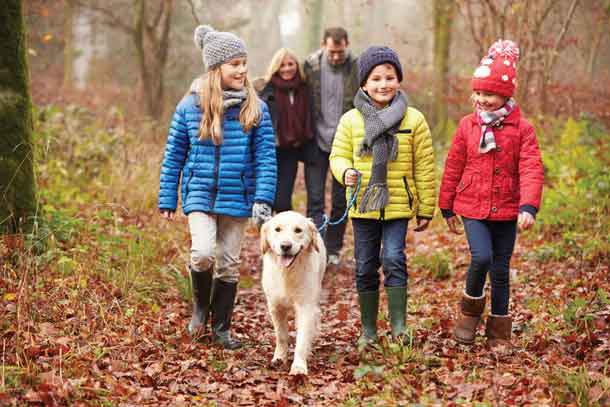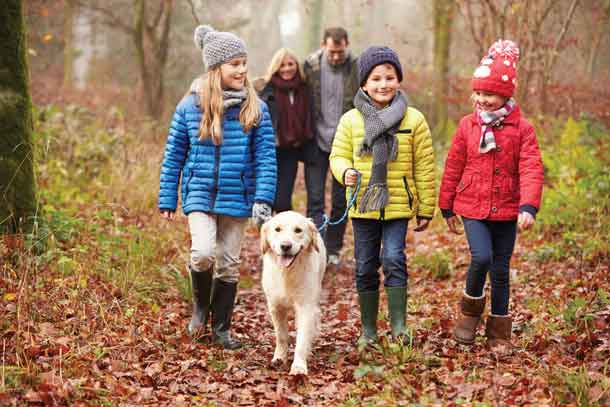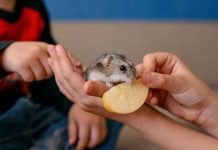
– “Humanity will change more in the next 20 years, than the previous 300 years” predicts leading futurologist, speaking at PURINA‘s Better with Pets event –
– Real pets (not robotic or AI pets) can help us stay emotionally grounded in a technological age –
– BUT pet ownership among young families in the UK is falling –
LONDON – Leading futurologist and CEO of the Futures Agency, Gerd Leonhard, is warning that as technology advances at a faster pace than ever before, our humanity could be at risk as our relationship with machines and tech threatens to replace real bonds.
Speaking last night at PURINA’s Better with Pets event in London, Gerd said: “Humanity will change more in the next 20 years, than the previous 300. For example, in the next two years, it’s likely that robots will have a 100% understanding of human language. As the world becomes more technologically complex and artificial intelligence continues to evolve, we risk becoming disconnected from the people around us. Relationships, not data, are what makes us human”.
Smart devices, home hubs, robots and even AI pets are all examples of how machines and technology are more and more closely replicating human interactions. In a world of total connectivity and intelligent machines, real pets could be the answer to retaining our ‘humanness’.
“When we talk about humanity, we mean our ability to demonstrate compassion, to show sympathy or to be generous in our behaviour or disposition”, explains psychologist and passionate pet advocate Honey Langcaster-James. “No matter how smart machines get, they are always going to mimic human behaviour – they don’t have genuine compassion or sympathy – they are simply reacting to data and stimuli and giving off a set of responses that copy human traits. Pets can help us stay grounded in the face of such rapid change by fostering empathy and our ability to build relationships.”
The incredible bond that humans have with companion animals and the numerous scientifically-proven benefits of living with pets are well documented. From pet owners being more physically active, to having lower baseline heart rates and a reduced risk of dying from cardiovascular disease, there is no doubt that owning pets can be very good for us.
The positive developmental benefits for children who grow up with pets, in particular, are also well known. These include; lower feelings of reported loneliness among schoolchildren with pets, evidence of increased resistance to respiratory illnesses when exposed to cats and dogs early in life, reduced animal phobias, and that children with a dog are better able to regulate their stress with the support of a dog. Teenage boys who have dogs at home have also been shown to perform better at school.
Despite these benefits, we are seeing a fall in pet ownership among young families. According to research by PURINA, a world-leading pet food manufacturer, the number of households with both pets and children has fallen by a total of 36,000 over the last five years, whereas the overall number of households with children has risen by nearly 200,000 in that same time period.
Honey Langcaster-James comments, “No matter how life-like a robotic dog might seem, it can never replace the value of a real pet with a unique personality. Nor can you ever truly love or bond with a fake pet in a way that helps to develop empathy and compassion or teaches you the importance of caring for others. I cannot state enough the value of having a family pet, both in terms of how they help to bring families together and how nurturing and caring for a pet can help with children’s emotional and social development.”
“Now more than ever the importance of pets in our lives is clear”, said Calum Macrae, PURINA’s
UK & Ireland Regional Director. “It’s why we have launched our report today, highlighting our commitments to strengthening the pet-human bond. We mustn’t let machines replace the incredible bond we’ve had with companion animals for more than 20,000 years. But we recognize that many of the issues we are facing are too big for any one organization to address alone – which is why we partner with a broad network of stakeholders, to raise the profile of pets and their value to our society.”







